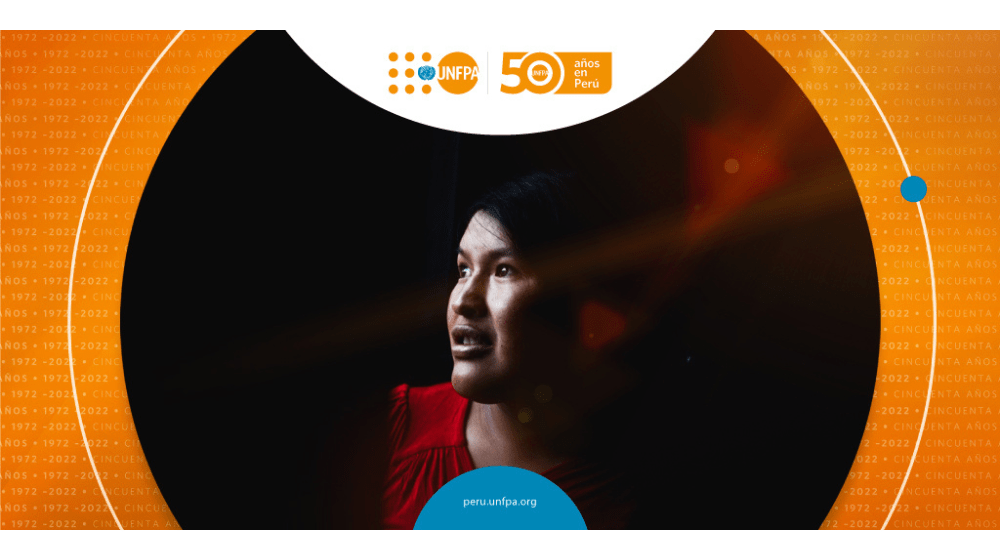Gender violence constitutes one of the most frequent forms of discrimination faced by women and directly impacts the center of their bodily autonomy. Violence, no doubt, distances them from development and condemns them to exclusion and poverty.
UNFPA ratifies its commitment and willingness to continue accompanying national efforts to end the various expressions of gender-based violence and harmful practices against girls and adolescents.
In Peru, the presence of patriarchal attitudes, deeply rooted stereotypes, and harmful practices that legitimize violence against women is worrisome. 7 out of 10 women experience some form of violence. According to the Ombudsman's Office, from February 2020 to September 2022, they received 4,848 reports of missing adult women, 309 femicides, and 272 attempts. Meanwhile, 58.9% of the population consider gender-based violence acceptable.
UNFPA recognizes the progress and efforts of the State and its actors towards the elimination of all forms of gender-based violence, although it equally recognizes the challenges to guarantee a coordinated multisectoral response, the need to strengthen the interoperability of care systems and complaints, the capacity and quality of the response of justice operators and the urgency of ensuring all possible measures aimed at restoring the rights of women, adolescents and girls who suffer violence, including in situations of forced maternity as a result of sexual abuse.
UNFPA ratifies its commitment and willingness to continue accompanying national efforts to end the various expressions of gender-based violence and harmful practices against girls and adolescents, the eradication of gender stereotypes and the implementation of education programs on gender to advance the empowerment and autonomy of girls and adolescents as well as the strengthening of essential and multisectoral services focused on the needs of survivors.
As UNFPA Executive Director Dr. Natalia Kanem has recently pointed out, violence against women and girls is entirely preventable. Every person has the right to bodily autonomy and to live in security and protection.


